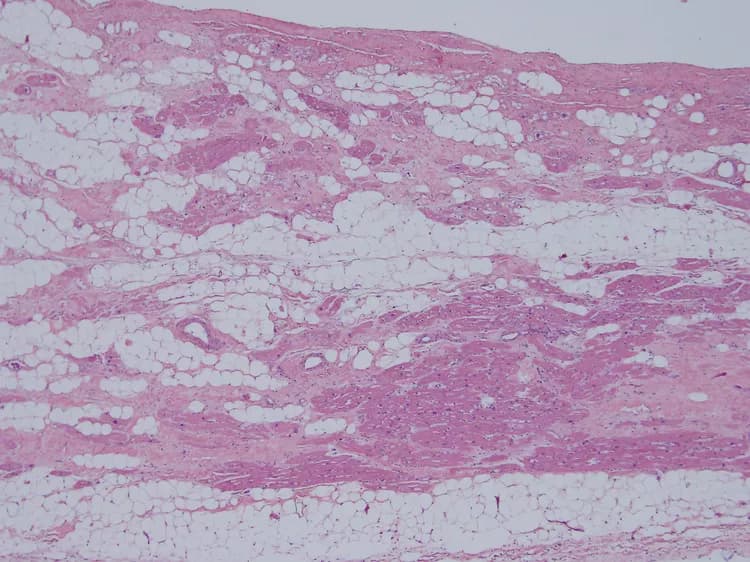
Study Links Fatty Liver, Heart Failure In Obese People
Fatty liver is independently associated with subclinical heart failure in obese people, according to a new study published online in the journalRadiology. The findings add more support to the importance of dietary interventions in such patients, researchers said.
Non-alcoholic fatty liver disease (NAFLD), also known as hepatic steatosis, is the most common liver disease, with a prevalence of up to 30 percent in the general population and between 70 percent and 90 percent among persons who are obese or have type 2 diabetes. NAFLD is considered as a manifestation of the metabolic syndrome, a group of risk factors like high blood pressure, excess abdominal fat and unhealthy cholesterol levels that raise the risk of heart attacks, strokes and other health problems.
"One of the unique aspects of our study is that we took all of the individual components of the metabolic syndrome into account as possible confounders in this association, as the metabolic syndrome is associated with NAFLD and with cardiovascular disease," said study lead author Ralph L. Widya, M.D., from the Leiden University Medical Center in Leiden, the Netherlands.
For the study, Dr. Widya and colleagues used proton magnetic resonance spectroscopy to noninvasively measure hepatic triglyceride content, a measure of fat in the liver, and cardiac MRI to assess left ventricular diastolic function in 714 men and women aged 45 to 65 years. Of the 714 patients, 47 percent were categorized as overweight, and 13 percent were classified as obese.
The left ventricle is the heart's main pumping chamber, and diastolic function refers to the phase of the heartbeat when the heart relaxes to fill with blood. Abnormalities of diastolic function, represented by inefficient filling of the heart, play a major role in exercise intolerance in patients presenting with heart failure. Diastolic dysfunction has been clinically undervalued and is currently gaining major attention by cardiologists and general physicians, according to senior author Hildo J. Lamb, M.D., Ph.D., also from Leiden University Medical Center.
Results indicated that an increase in hepatic triglyceride content was associated with a decrease in mean left ventricular diastolic function in the obese subgroup of the study population. The association between hepatic triglyceride content and left ventricular diastolic function existed independently of the metabolic syndrome, suggesting that fatty liver itself could, at least in obese people, pose a risk of heart dysfunction above and beyond known cardiovascular risk factors that are clustered within the metabolic syndrome.
"Our results may be of importance in cardiovascular risk stratification in obesity, because there is a large variation in the degree of hepatic steatosis in obesity," Dr. Widya said. "Also, more emphasis should be put on dietary interventions to reduce or prevent hepatic steatosis."
The reasons for the link between fatty liver and heart function are unknown, Dr. Widya said, but could be related to several factors, including the presence of infection-fighting white bloods cells called macrophages or increased expression in the liver of small proteins known as cytokines.
Future research is required to study the effect of NAFLD on cardiovascular events, according to Drs. Widya and Lamb, and further study is needed to investigate to what extent the association exists and differs among normal weight, overweight and obese persons.
The above post is reprinted from materials provided by Radiological Society of North America. Note: Materials may be edited for content and length.
Disclaimer: DoveMed is not responsible for the adapted accuracy of news releases posted to DoveMed by contributing universities and institutions.
Primary Resource:
Widya, R. L., de Mutsert, R., den Heijer, M., le Cessie, S., Rosendaal, F. R., Jukema, J. W., ... & Lamb, H. J. (2016). Association between Hepatic Triglyceride Content and Left Ventricular Diastolic Function in a Population-based Cohort: The Netherlands Epidemiology of Obesity Study. Radiology, 150035.
Related Articles
Test Your Knowledge
Asked by users
Related Centers
Related Specialties
Related Physicians
Related Procedures
Related Resources
Join DoveHubs
and connect with fellow professionals

0 Comments
Please log in to post a comment.